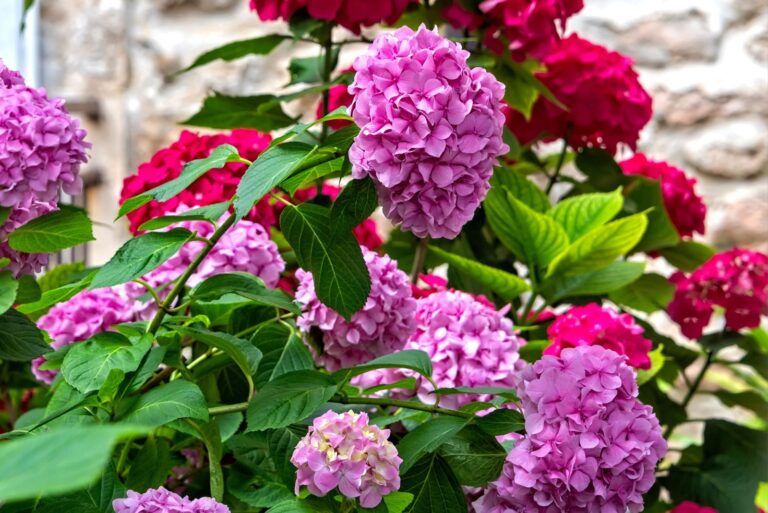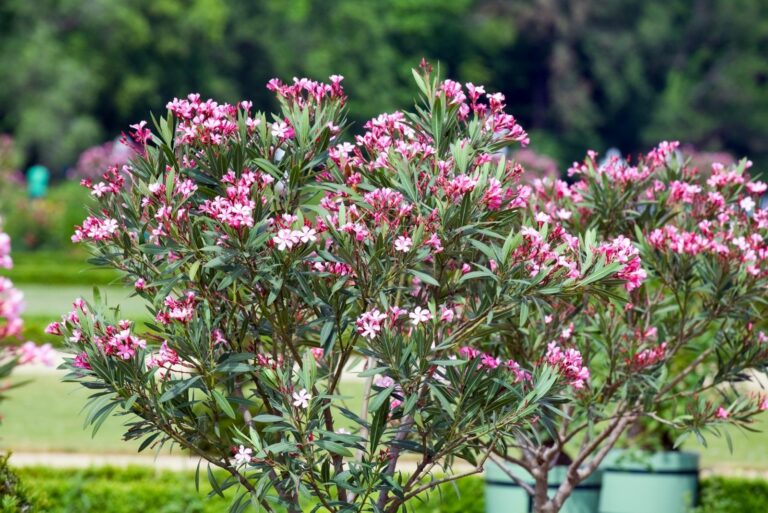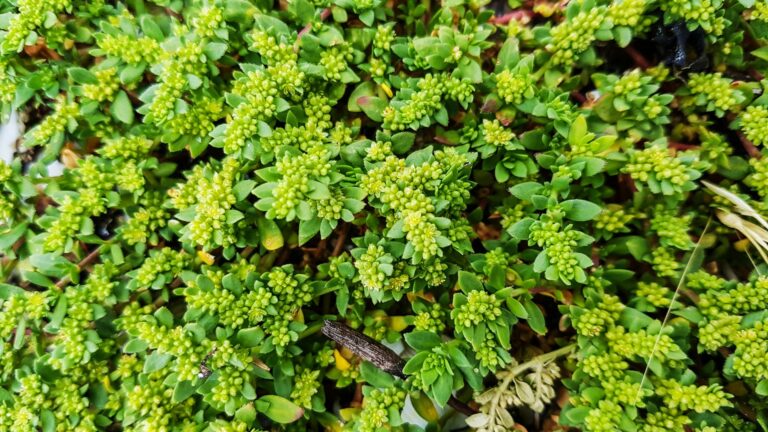8 Key Facts New Jersey Homeowners Should Know Before Removing Raccoons
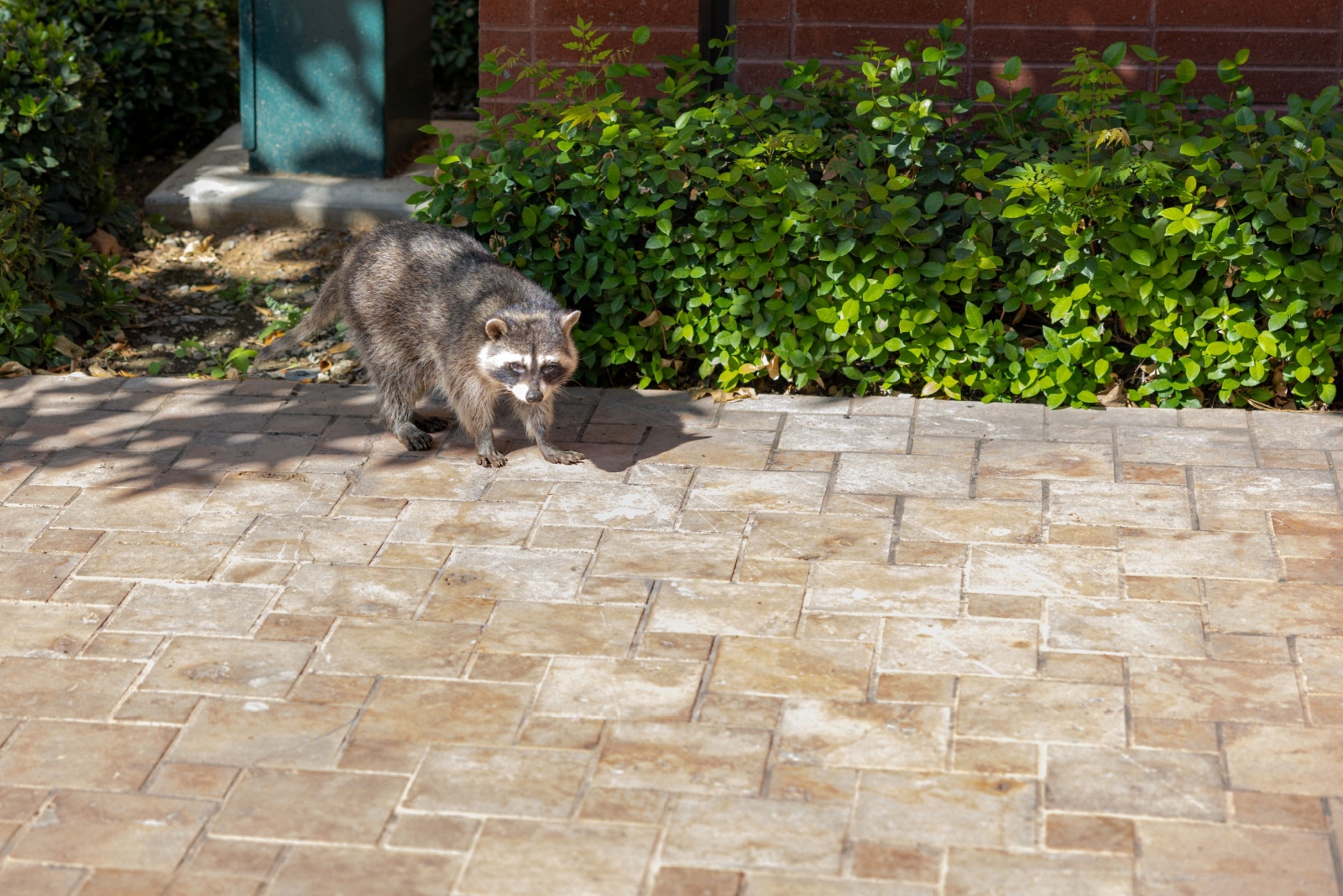
Raccoons might look adorable with their masked faces and fuzzy tails, but they can cause serious problems when they move into your home or yard. New Jersey homeowners often face raccoon encounters, especially in suburban neighborhoods where food and shelter are easy to find.
Knowing the right steps before you try to remove these clever critters can save you time, money, and potential legal trouble.
1. State Laws Protect Raccoons During Certain Seasons
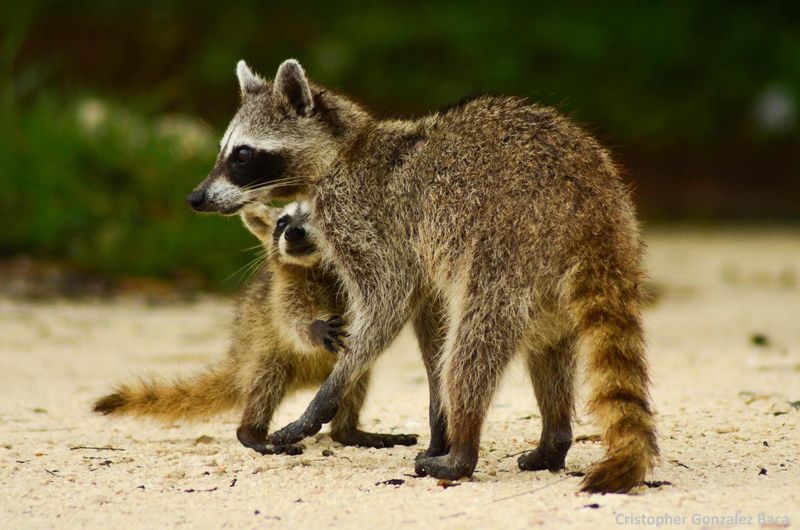
New Jersey has specific wildlife regulations that homeowners must follow when dealing with raccoons. Between certain months, especially during baby season from spring through early summer, removing raccoons becomes more complicated legally.
Mother raccoons often nest in attics or chimneys to raise their young. If you remove a mother without relocating her babies, they could suffer or create worse problems.
Always check current state guidelines or consult a licensed professional before taking action to avoid fines or violations.
2. Professional Removal Often Costs Less Than DIY Damage
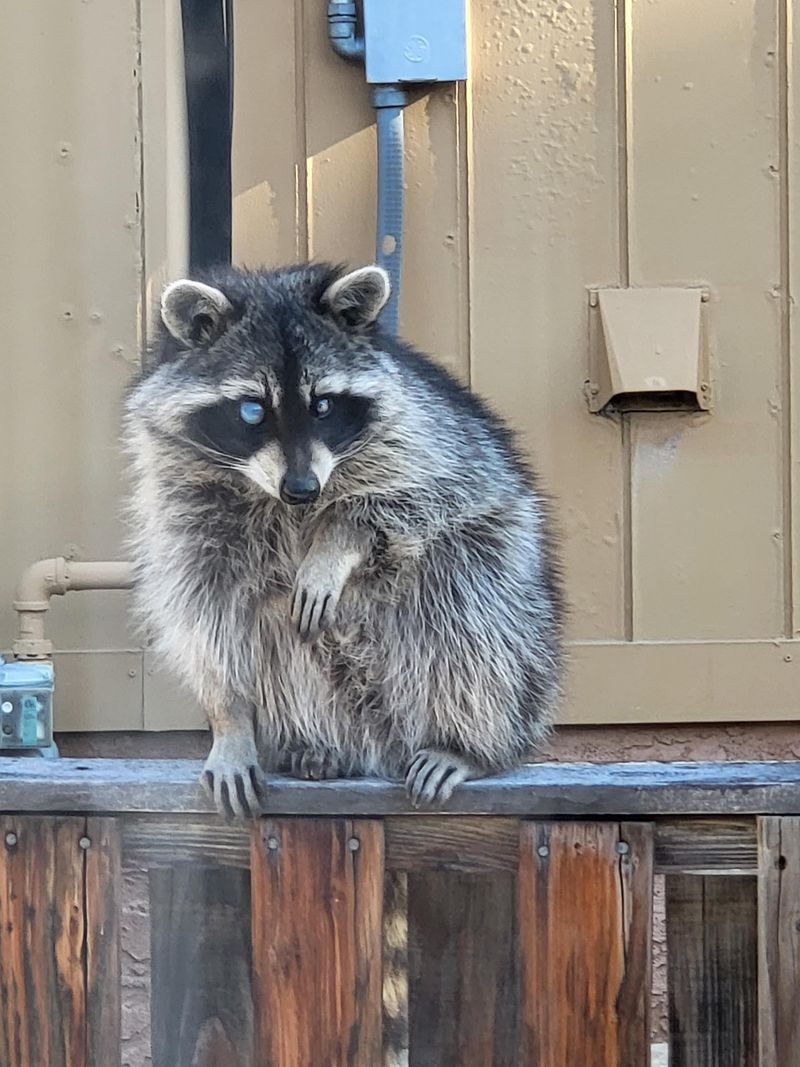
Trying to handle raccoon removal yourself might seem like a money-saving idea at first. However, raccoons are surprisingly strong and can cause extensive damage when cornered or threatened.
They might tear through insulation, rip up roofing materials, or damage electrical wiring while trying to escape. Professional wildlife removal experts in New Jersey have the proper equipment and training to handle raccoons safely.
The cost of hiring them usually proves much lower than repairing the destruction caused by a panicked animal or failed removal attempt.
3. Raccoons Carry Diseases That Threaten Your Family
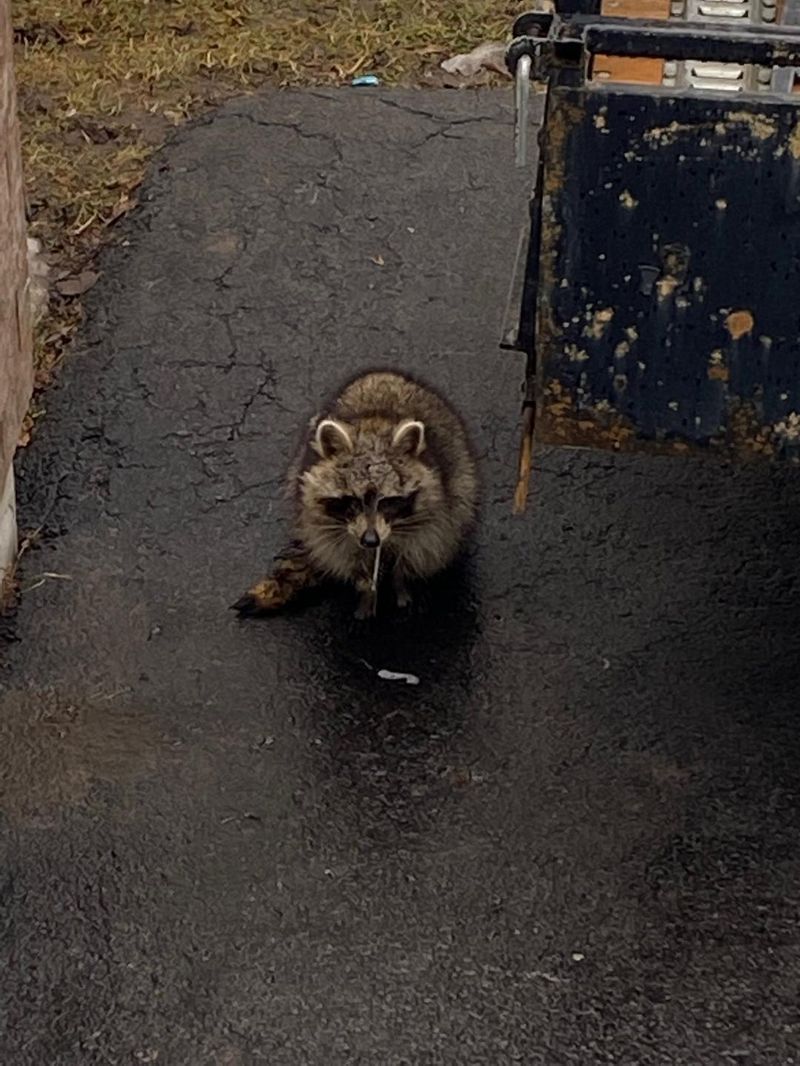
Health risks make raccoon encounters more dangerous than most homeowners realize. Raccoons commonly carry rabies, a fatal disease that can spread through bites or scratches.
Their droppings may contain roundworm eggs that cause serious infections if accidentally ingested, especially dangerous for children playing in yards. New Jersey reports numerous rabies cases in raccoons each year.
Never approach or attempt to touch a raccoon, even if it appears friendly or sick. Professional handlers wear protective gear and know proper safety protocols to minimize disease transmission risks.
4. Humane Trapping Requires Specific Knowledge And Equipment
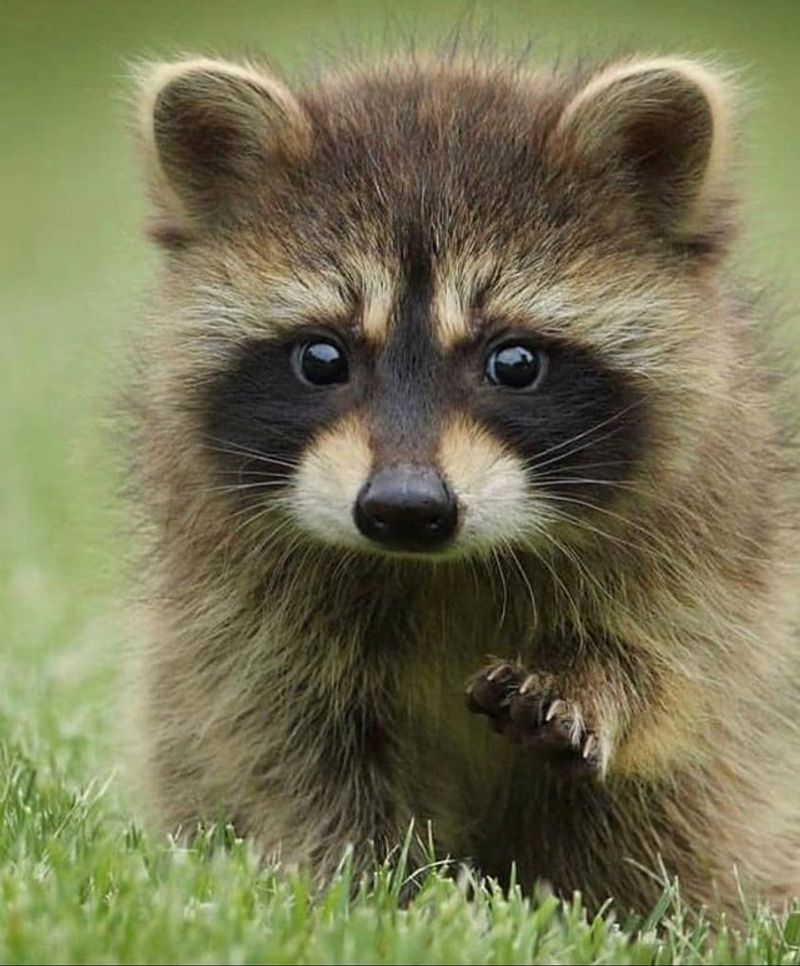
Setting traps seems straightforward until you actually try it. Raccoons are incredibly intelligent animals that quickly learn to avoid poorly placed or baited traps.
Using the wrong trap size or bait can result in catching neighborhood cats, skunks, or even injuring the raccoon. New Jersey regulations also specify how trapped animals must be handled and where they can be released.
Licensed trappers understand raccoon behavior patterns and use strategies that work efficiently while keeping the animals safe throughout the removal process.
5. Entry Points Must Be Sealed After Removal

Getting raccoons out solves only half the problem. Once removed, other raccoons or wildlife will quickly move into the same space if you leave openings unsealed.
Raccoons can squeeze through surprisingly small gaps, tear off loose shingles, or pry open vents with their nimble paws. New Jersey homeowners should inspect their entire property for potential entry points around the roofline, chimney, foundation, and crawl spaces.
Professional exclusion work ensures all access routes are properly blocked using materials raccoons cannot tear through or remove, preventing future invasions.
6. Timing Matters When Evicting Raccoon Families
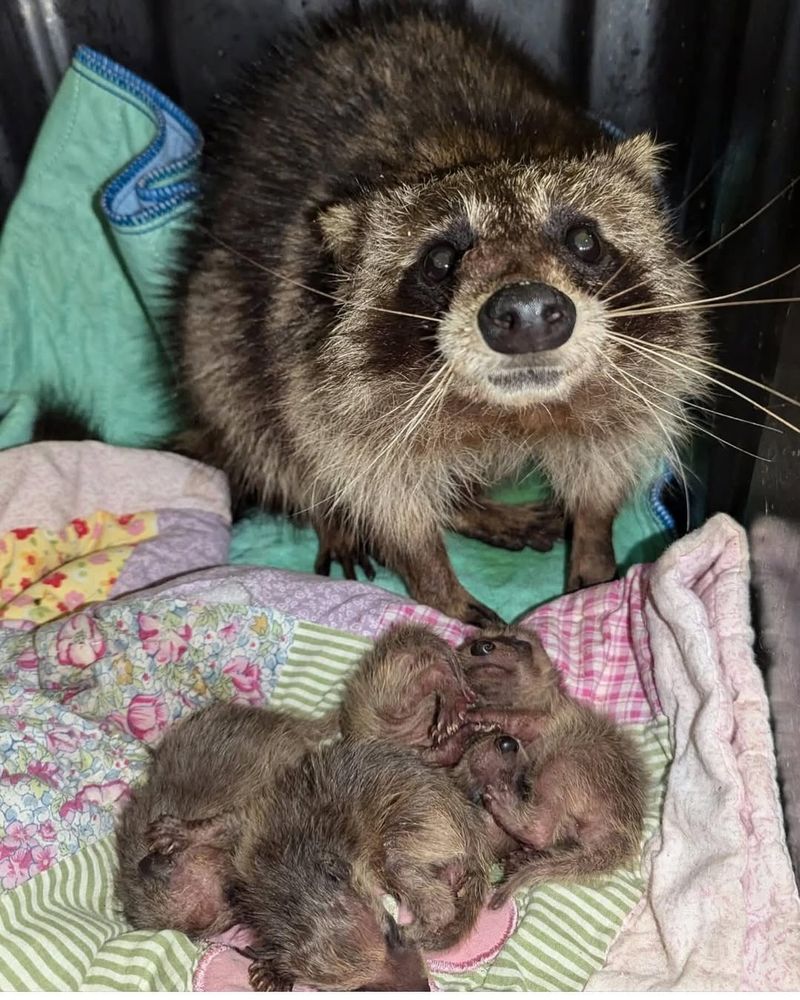
Baby raccoons, called kits, are born helpless and depend completely on their mothers for several months. Removing an adult female during spring or summer often means orphaning babies hidden somewhere in your home.
These kits cannot survive alone and will create noise, odors, and attract other pests as they weaken. New Jersey wildlife experts recommend waiting until babies are old enough to leave with their mother or using one-way doors that allow the family to exit together.
Patient timing prevents needless suffering and additional cleanup expenses.
7. Cleanup Requires More Than Just Removing The Animal
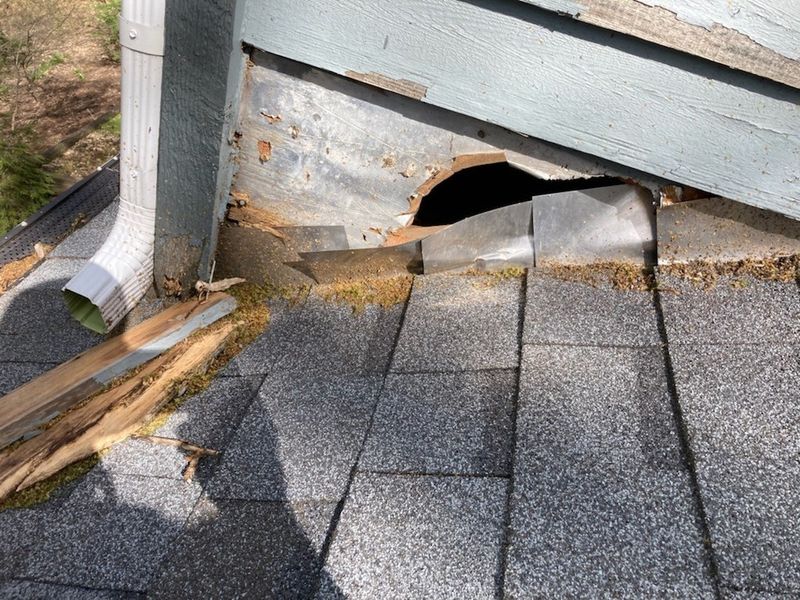
Raccoons leave behind more than memories when they vacate your property. Their urine and droppings contaminate insulation and create health hazards that persist long after the animals leave.
The smell alone can be overwhelming and difficult to eliminate without proper cleaning methods. New Jersey homeowners should consider professional decontamination services that safely remove waste, treat affected areas with disinfectants, and replace damaged insulation.
Proper cleanup protects your family from disease exposure and prevents lingering odors that might attract more wildlife to your home in the future.
8. Prevention Strategies Work Better Than Repeated Removals
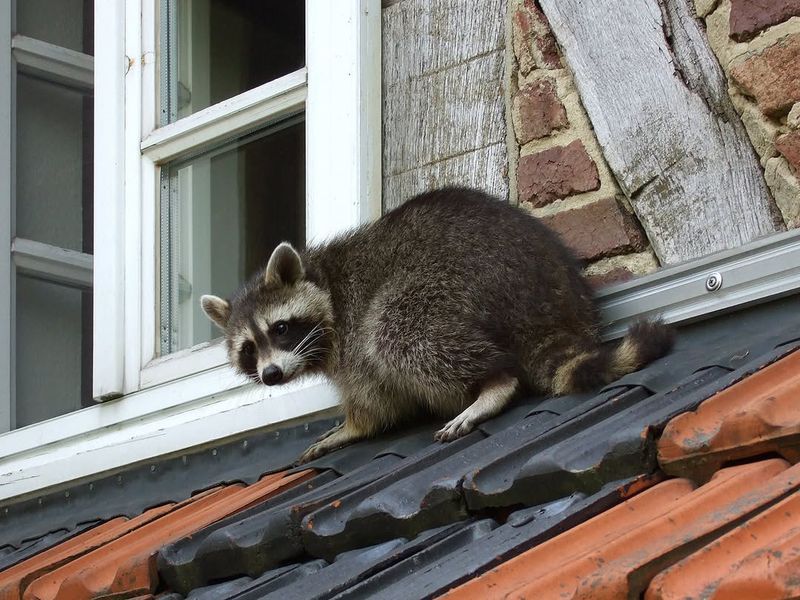
Raccoons visit properties that offer easy access to food, water, and shelter. Securing garbage cans with tight lids, bringing pet food indoors, and removing fallen fruit reduces what attracts them.
Trimming tree branches away from your roof eliminates convenient pathways raccoons use to access attics. New Jersey homeowners who invest in prevention measures save money and frustration compared to those who face repeated invasions.
Simple changes to your property maintenance routine make your home less appealing to raccoons, encouraging them to find resources elsewhere instead.

